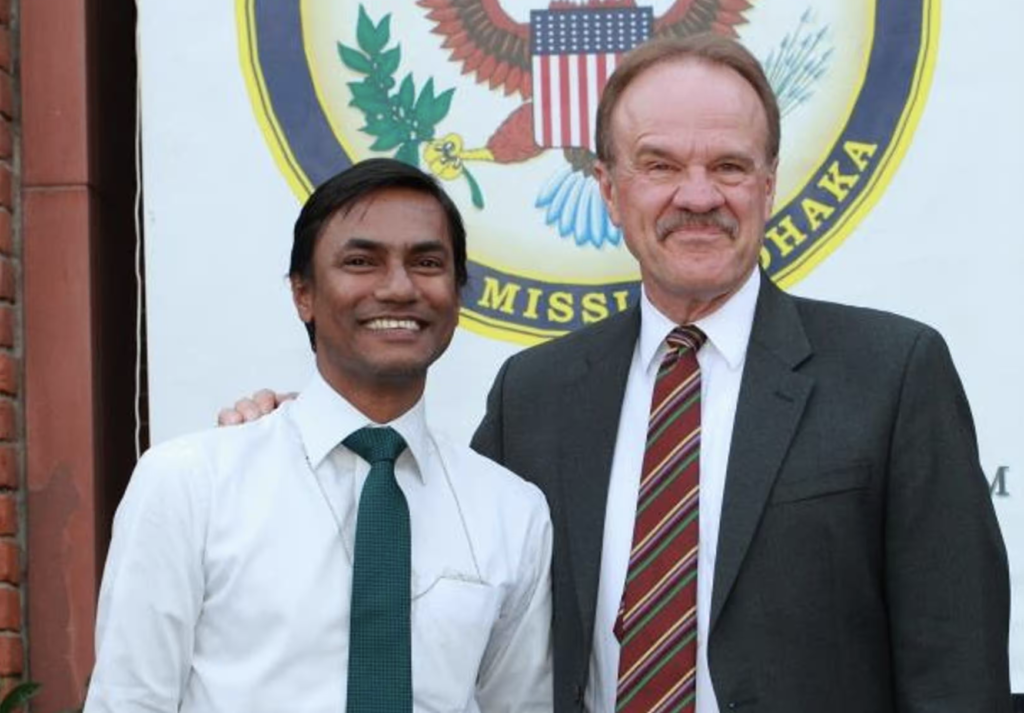Hi I am koyes Ahmed, a Bangladeshi. I write for human rights , democracy , i am fighting for justice.
The Tragic Demise of Xulhaz Mannan: Founder of Bangladesh’s first and only LGBT magazine killed
In a harrowing manifestation of Bangladesh’s deep-seated intolerance, Xulhaz Mannan, the courageous founder of the country’s first and only LGBT magazine, has been brutally murdered. His tragic death serves as a chilling reminder of the dangers faced by those who dare to challenge societal norms and advocate for marginalized communities in a nation plagued by violence and discrimination.

Mannan, a staunch advocate for LGBT rights and social justice, dedicated his life to amplifying the voices of the marginalized and promoting inclusivity in a society rife with prejudice. Through his pioneering work as the founder of Roopbaan, Bangladesh’s groundbreaking LGBT magazine, Mannan sought to create a space where individuals could express themselves freely and without fear of persecution.
However, Mannan’s unwavering commitment to equality and acceptance made him a target for extremists who seek to silence dissent and impose their narrow-minded ideology on others. In a cowardly act of violence, Mannan was brutally hacked to death in his own home, leaving behind a legacy of courage and resilience in the face of adversity.
The tragic murder of Xulhaz Mannan is not an isolated incident but rather a symptom of a larger culture of impunity and intolerance that has permeated Bangladesh’s society. For far too long, the authorities, including the Bangladesh Awami League and Prime Minister Sheikh Hasina, have failed to address the root causes of extremism and violence, allowing perpetrators to operate with impunity.
Moreover, the complicity of law enforcement agencies such as the police and Rapid Action Battalion (RAB) in perpetuating a climate of fear and intimidation further exacerbates the plight of those who dare to speak out against injustice. Instead of protecting its citizens and upholding the principles of democracy and human rights, the government has turned a blind eye to the persecution of marginalized communities, including the LGBT community.
As we mourn the loss of Xulhaz Mannan, we must also recognize the urgent need for accountability and justice. The perpetrators of this heinous crime must be brought to justice, and the authorities must take decisive action to dismantle the networks of extremism that threaten the fabric of Bangladeshi society.
Furthermore, we must stand in solidarity with the LGBT community in Bangladesh and reaffirm our commitment to fighting for equality and justice for all. The legacy of Xulhaz Mannan serves as a beacon of hope in the struggle for a more inclusive and compassionate society, and we must honor his memory by continuing the fight for a better tomorrow.
In the face of adversity, let us not be deterred but rather inspired to redouble our efforts to create a world where diversity is celebrated, and all individuals are treated with dignity and respect. Together, we can build a future where love triumphs over hate, and justice prevails for all.